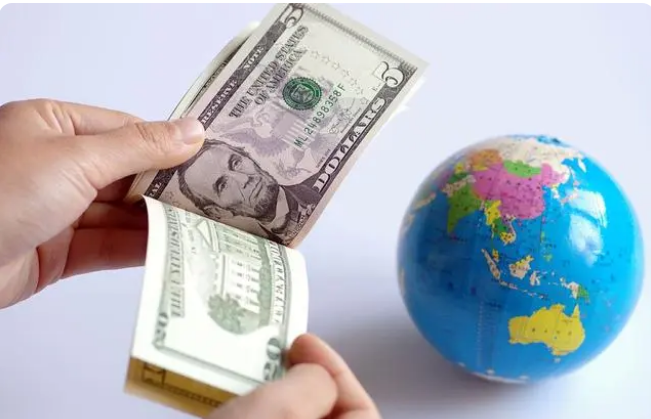The impact of an increase in the US dollar exchange rate on China's economy will lead to an increase in overall price levels, which will directly reduce the international purchasing power of China's RMB.
It also has a direct impact on domestic prices. On the one hand, expanding exports will drive up prices further, and on the other hand, increasing domestic production costs will drive up prices. Therefore, the impact of RMB depreciation on prices will gradually expand to all commodity sectors.
Exchange rate refers to the ratio or price of one country's currency to another country's currency, or the price of another country's currency expressed in terms of one country's currency. Exchange rate fluctuations have a direct regulatory effect on a country's import and export trade. Under certain conditions, by devaluing the domestic currency to the outside world, i.e. lowering the exchange rate, it will play a role in promoting exports and restricting imports. On the contrary, the appreciation of the domestic currency to the outside world, i.e. an increase in exchange rate, plays a role in restricting exports and increasing imports.
Inflation is the depreciation of a country's currency that causes price increases. The essential differences between inflation and general price increases are as follows:
1. General price increase refers to a temporary, partial, or reversible increase in prices of a certain commodity due to supply and demand imbalance, without causing currency depreciation;
2. Inflation is a sustained, widespread, and irreversible increase in the prices of major domestic commodities that can cause a country's currency to depreciate. The direct cause of inflation is that the amount of currency in circulation in a country is greater than its effective economic aggregate.
Post time: Apr-07-2023

